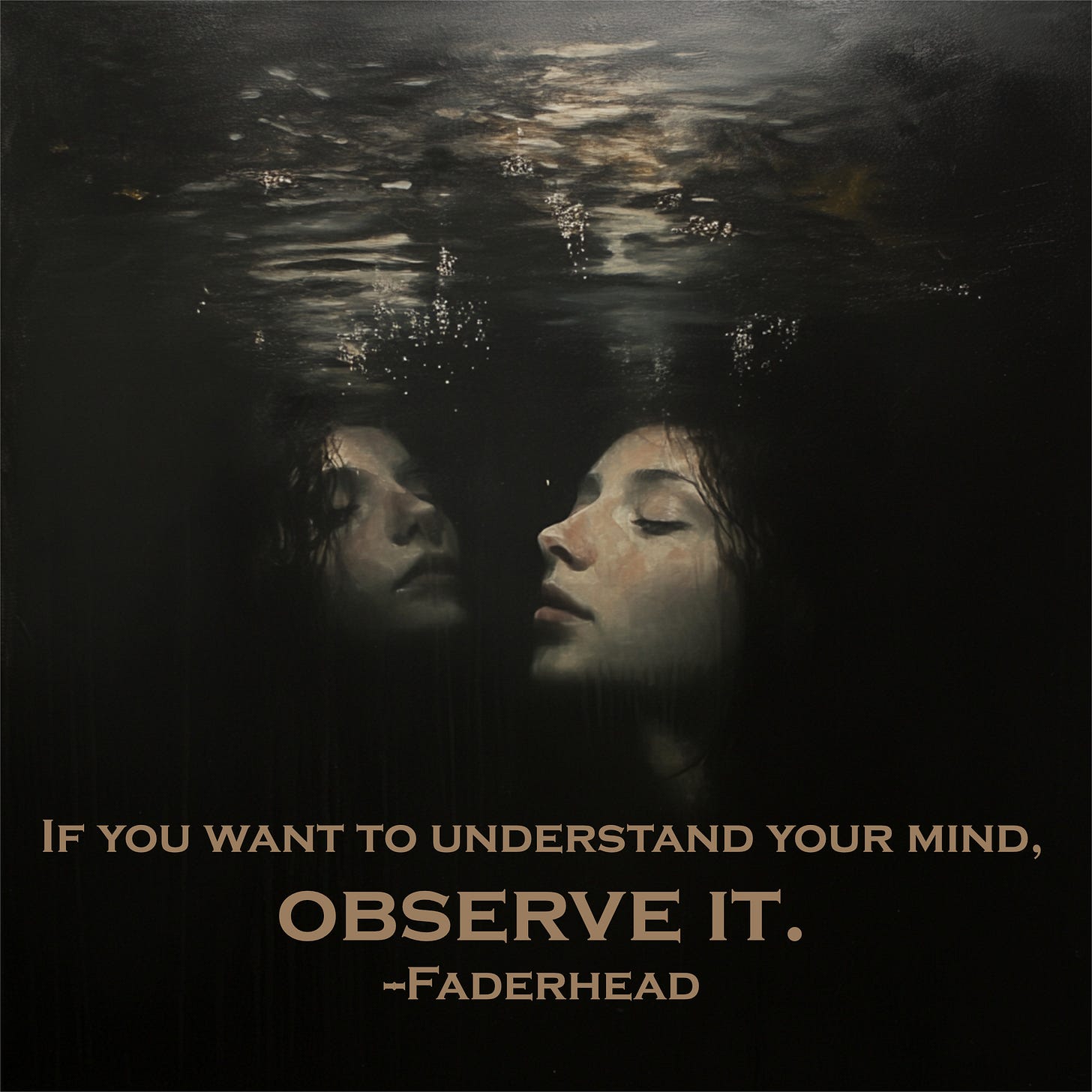Demanding Comfort
The modern trend towards safe spaces
I am, before a writer, a reader. It’s more difficult now to find the time to be a voracious reader, but when I’m under the weather I turn to books for solace. I’d run out of my preferred genre, so I scooped up a few books to try out. At the very beginning of one of them was this disclaimer, which raised my eyebrows and got me to thinking.
Leaving aside the wisdom of treating your readers like idiots, which this does, and patronizing them by including such a warning, I contemplated the culture that demands comfort. There is a vast difference between seeking comfort as a respite from reality for a time, and the mindset that requires reality to comfort them at all times.
We need to be made uncomfortable at times. This is part of growing, of learning. Reading books that challenge our preconceptions is good for us. Reading a book with different social attitudes shouldn’t be something that dismays a reader. If you don’t like those attitudes, look around you. Have they changed? Yes? Then why on earth would you object to the past being portrayed in all it’s warts and imperfections? We have come so far! Beware the urge to erase history.
A child runs for comfort when they are hurt, when they are afraid, when they are uncertain. A good parent gives them comfort when requested, but also teaches them to push through what must be endured. In such a way the child learns endurance, patience, and develops resilience. If they are cocooned against all the world has in it, they become fragile, brittle, unable to bear… a book. And not even a controversial book, at that.
Instead, I propose that adults, young or older, read books that make them uncomfortable. You are not a child to demand comfort. Whenever you feel that way, stop and observe your mind. What is making you squirm? Why are you reacting that way, and how are you feeling? What is the truth underlying the words that causes you to doubt yourself? Provoke thought. Prod it with a stick, and see what you uncover. Rather than run for a safe space, take a risk. Read a book.
Listen to someone speaking, especially if you don’t agree with them. Formulate your argument against them, as founded in facts and firm reality. Don’t rush into the sound and fury of emotion, but test your response and write it down. Read it back to yourself. Take a course on critical thinking. Does your debate with that thought stand the test of time? Stretch your mind, and watch it growing with a little pain from time to time. Be uncomfortable. Stand still in it, and look inward. Your reactions have an origin, and you should know what that is, if you are to defend your beliefs and establish your values.
There is nothing wrong with seeking comfort as a solace. It is temporary, never forget. The world owes you no such thing, and you must learn to step outside the illusion you have created to see the real beauty all around you that you have uncovered through pain and discomfort of having grown up and found responsibility for yourself and your own actions.





Young audiences, upon watching Dunkirk, wondered where all the black British soldiers were. They were astonished to discover that, back before 1970, there were essentially no black people in Britain.
I agree with what you said, but it's a huge leap for the vast majority of people. One of the most profound things I ever read was this: Logic is used to justify the decisions already made by emotion.
Emotion can run thrice around the world before Logic gets its boots on.